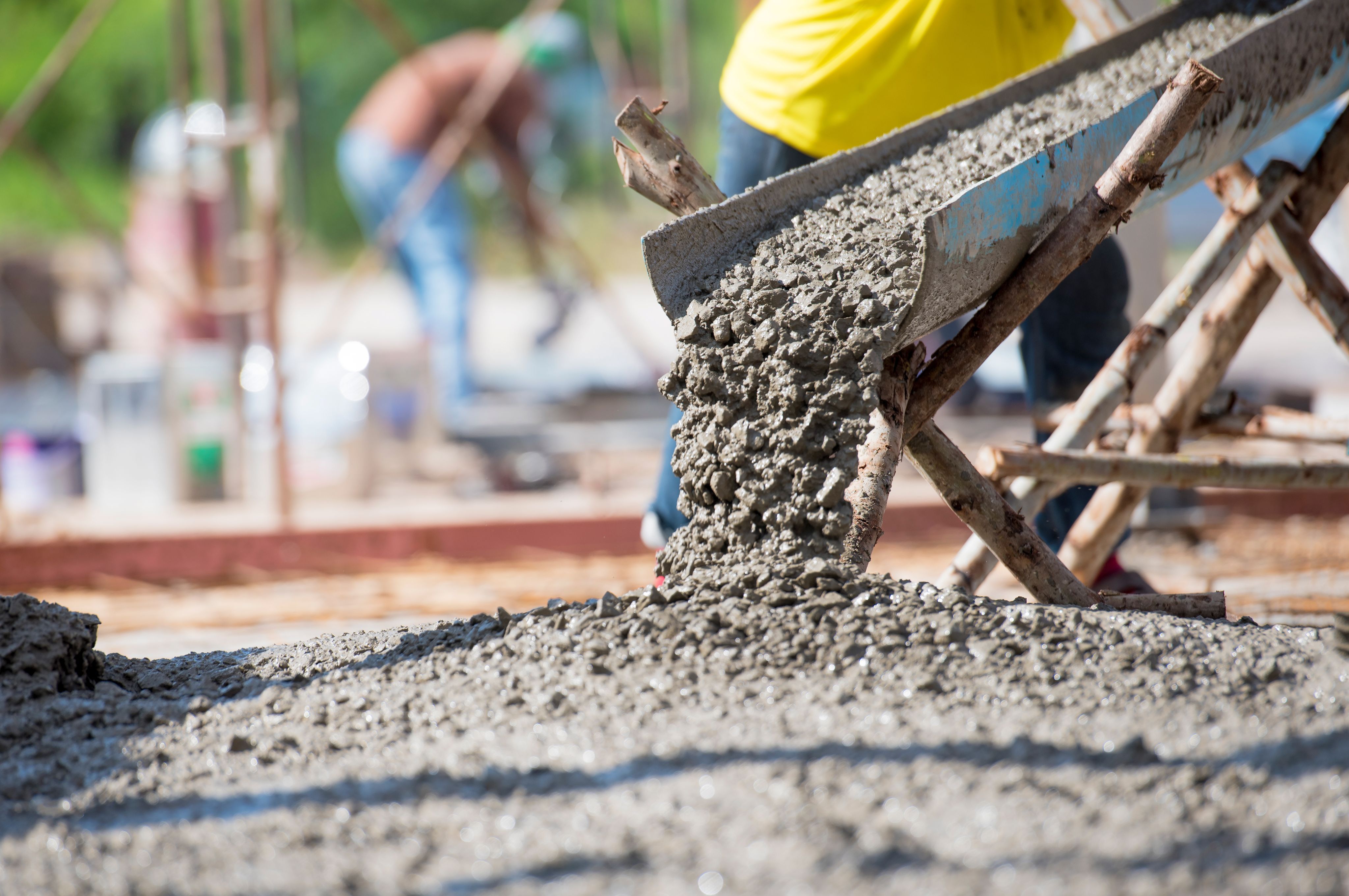Low-Carbon Concrete Manufacturing Process

“If all UK concrete was made with Recycl8 technology, we could potentially save around one-fifth of CO2 emissions – a significant opportunity for both the construction industry and waste to energy to meet international net zero targets.”

Using funding from the Transforming Foundation Industries Challenge, Recycl8 Ltd tested samples from several waste-to-energy plants, exploring the materials and optimising mixes to ensure the process could provide a cost-effective and environmentally friendly alternative for the construction industry.
“IBA is currently classified as waste, which means it can’t be used in manufacturing,” says Skene. “So, as well as proof of concept, the ongoing testing provides the evidence required by the Environment Agency (England and Wales) and SEPA in order for them to reclassify IBA as a product rather than as waste.”
Following a successful outcome, the Environment Agency and SEPA will provide Recycl8 Ltd with a licence to process the IBA and take the final product to market.
“The total CO2 emitted by the UK concrete industry is 11.4 million tonnes. If all UK concrete was made with Recycl8 technology, we could potentially save around one-fifth of CO2 emissions – a significant opportunity for both the construction industry and waste to energy to meet international net zero targets,” says Skene.
The business plans to license the technology to other processors of IBA, particularly outside the UK, where the waste-to-energy industry is more established. “This is a win-win process for several industries,” says Skene. “Waste-to-energy facilities can create a more circular approach by avoiding sending their ash to landfills. Concrete manufacturers, such as offshore wind farms, can offer a significantly reduced carbon footprint to our ever-growing sustainable built environment.

